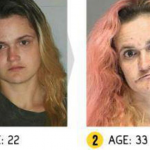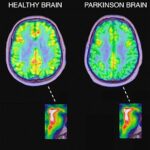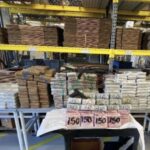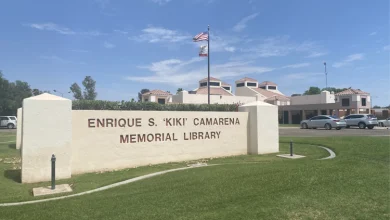How To Spot A Drug Dealer

When people talk about the “opioid or drug crisis” they usually mean illegal or street drugs. It’s not safe for anyone to take illegal drugs because, depending on the drug, they can have negative or unexpected effects on the mind and body – and some of them can be the cause of accidental or fatal overdose.
Drugs are illegal if the government has included them in their laws on controlled substances. Illegal drugs can be harmful to anyone, but they are particularly hazardous for young people whose brains and bodies are still developing.
Illegal drugs can damage the brain, heart, and other important organs. They can affect our emotions and the way we feel, they may cause people to do things they wouldn’t normally do. While using drugs, a person is less able to do well in school, sports, and other activities. It’s often harder to think clearly and make good decisions for a person who is using drugs.
Depending on the drug, there may be long-term effects of using, including substance use disorder and addiction. When people use drugs, they may do risky or dangerous things that could hurt them or other people. A person of any age can accidentally overdose when using drugs, whether they are someone experimenting for the first time, or someone who is using street drugs regularly.
Who is a drug dealer?
A drug dealer is a person who sells drugs, of any type or quantity, illegally. They can be small-time dealers who sell small quantities to offset the costs of their own drug use, or they can be highly organized groups and businesspeople within high-organized operations that run like a serious business.
Traditionally, drug dealers are seen as a key part of the problem of addiction in our communities. There is often a lot of overlap with “pushing” controlled drugs such as marijuana, heroin, meth, and cocaine.
One of the most dangerous things about drug dealers is their ability to grow or manufacture drugs in unregulated and unsafe environments. The illegal manufacture of drugs in these kinds of laboratories has been a problem for both law enforcement and citizens alike for a number of years and has led to a staggering amount of death, illness, and property damage. In fact, clandestine drug laboratories are consistently among the most dangerous day-to-day threats for law enforcement officials and the communities they serve.
Many different kinds of illegal and dangerous drugs can be manufactured clandestinely including methamphetamine, crack cocaine, marijuana, and more. Each drug has unique hazards presented in the manufacturing and storage processes ranging from poorly oxygenated atmospheres to fires and explosions.
If you think you have identified a drug manufacturing operation, leave the area immediately and dial 911. Signs of drug production include:
• Blacked out windows
• Occupants are unfriendly and secretive about their activities
• People entering and exiting the structure at strange times or while carrying odd-looking equipment
• Strange or chemical-like odors
• Visible items associated with drug manufacturing like ammonia, drain cleaner, hydrochloric or sulfuric acid, lithium, ephedrine/pseudoephedrine, etc.)
How to spot a drug dealer
A drug dealer looks like anyone else. Some are muscular gym bunnies, others are pudgy couch potatoes. Some are old men, others are young women. Most are somewhere in between. You wouldn’t know them by looking at them, and although there seem to be more men than women in the business, that may just be perception.
People who sell drugs for money come from all walks of life, all genders, ages, ethnicities, and socioeconomic statuses. They are mostly just like you and me – either trying to earn a living or make some extra cash.
The following are indicators of possible drug activity:
• Drugs or drug paraphernalia (syringes, baggies, etc.) in the area
• Excessive foot traffic to/from a house or property
• Frequent and/or unusual traffic patterns at a house or property
• Loitering in/around a house or property
• Strange smells coming from the house or property
• Threats of intimidation
• Gang and/or criminal activity in a neighborhood
• Graffiti on structures in the area
What should I do if I suspect drug activity in my neighborhood?
• DO NOT confront the drug dealer or others visiting the house
• Talk to the police officers that routinely patrol your neighborhood
• Document activities related to the suspected drug activities
• Start a Neighborhood Watch or build a cooperative effort with other neighbors – there is safety in numbers.





